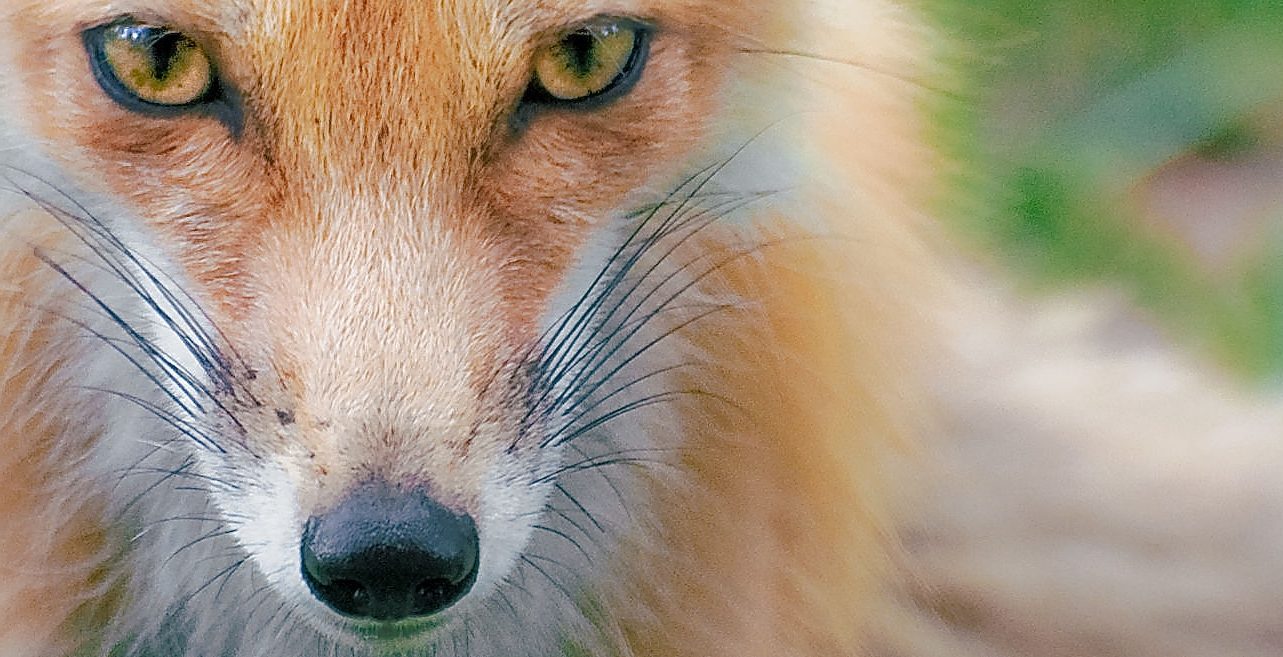Are Foxes Omnivores
Understanding the Diet of Foxes: Are They Omnivores?
The question at the heart of many wildlife discussions is simple yet profound: What do foxes eat? Understanding the dietary habits of these cunning creatures is crucial, as it influences how they interact with their ecosystem, affects their survival strategies, and informs human-wildlife cohabitation practices. In this detailed exploration, we delve into the omnivorous nature of foxes, examining their varied menu and adaptive foraging behaviors.
The Omnivorous Nature of Foxes
Fox populations around the world demonstrate a wide-ranging palate, reinforcing their classification as omnivores. Let's break down what defines an omnivore and how foxes fit this description.
Defining an Omnivore
An omnivore is an animal that consumes both plant and animal matter as part of their regular diet. Versatility is the hallmark of an omnivore; they can adjust their food intake based on availability, season, and environmental pressures.
Foxes' Diet: A Mix of Meat and Plants
Foxes exhibit classic omnivorous behavior:

- Animal Prey: Small birds, mammals (like mice and rabbits), eggs, insects, and even reptiles.
- Plant Matter: Berries, fruits (such as apples), nuts, seeds, and occasionally vegetation.
Seasonal Dietary Shifts
Foxes adapt their diet to seasonal changes, which may vary their intake between more animal or plant matter depending on the time of year and food availability.

Examining a Fox's Meal Plan: Evidence of their Omnivorous Diet
To further understand the dietary habits of foxes, let's look at the various food groups they consume.

Animal-Based Foods
| Prey Type | Examples |
|---|---|
| Small Mammals | Mice, voles, rabbits |
| Birds | Songbirds, pigeons |
| Insects | Beetles, caterpillars |
| Reptiles | Lizards, small snakes |
Carrion (the flesh of dead animals) is also consumed, showcasing their opportunistic feeding nature.

Plant-Based Delights
| Plant Type | Examples |
|---|---|
| Fruits | Berries, apples, pears |
| Vegetables | Corn, scavenged crops |
| Seeds/Nuts | Acorns, bird feeder remnants |
| Grasses | Occasional grazing as needed |
Urban foxes have even added human leftovers and garbage to their diet, indicative of their adaptable nature.
Does Amazon Accept Prepaid Cards
The Hunting and Foraging Techniques of Foxes
Foxes are not simply indiscriminate eaters; they possess specialized skills that benefit their omnivorous lifestyle:
- Expert Hunting: They use their keen senses to hunt live prey, often employing a pounce technique to catch rodents and birds.
- Scavenging Know-How: In urban environments or during lean times, foxes will scavenge for available food, including from human sources.
- Food Caching: Foxes store excess food by burying it, a method known as caching, which ensures they have a food supply for harder times.
The Benefits of Being Omnivorous for Foxes
Foxes' ability to eat a wide range of food gives them distinct advantages:
- Adaptability: An omnivorous diet allows foxes to inhabit and thrive in diverse environments, from rural to urban areas.
- Survival: During periods when one food source is scarce, they can shift to another, enhancing their chances of survival.
Conclusion: Embracing the Diverse Diet of Foxes
To conclude, foxes are indeed omnivores, with their diet encompassing a variety of food items that secure their survival across different habitats. Our understanding of their dietary habits can help promote a peaceful coexistence with these fascinating and adaptable mammals.
By appreciating the versatility of the fox's diet, we gain insight into the adaptability of nature itself, and how even a creature as seemingly singular as the fox holds multitudes within its survival strategies.





